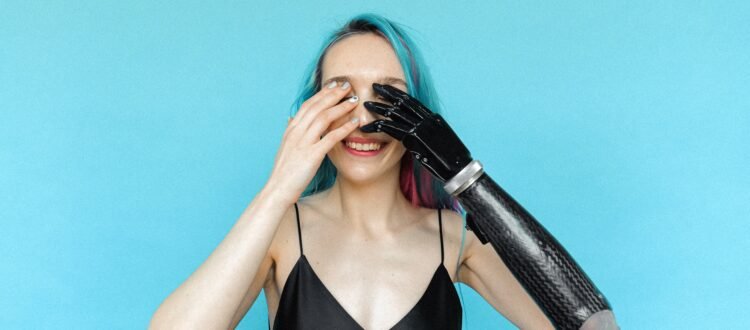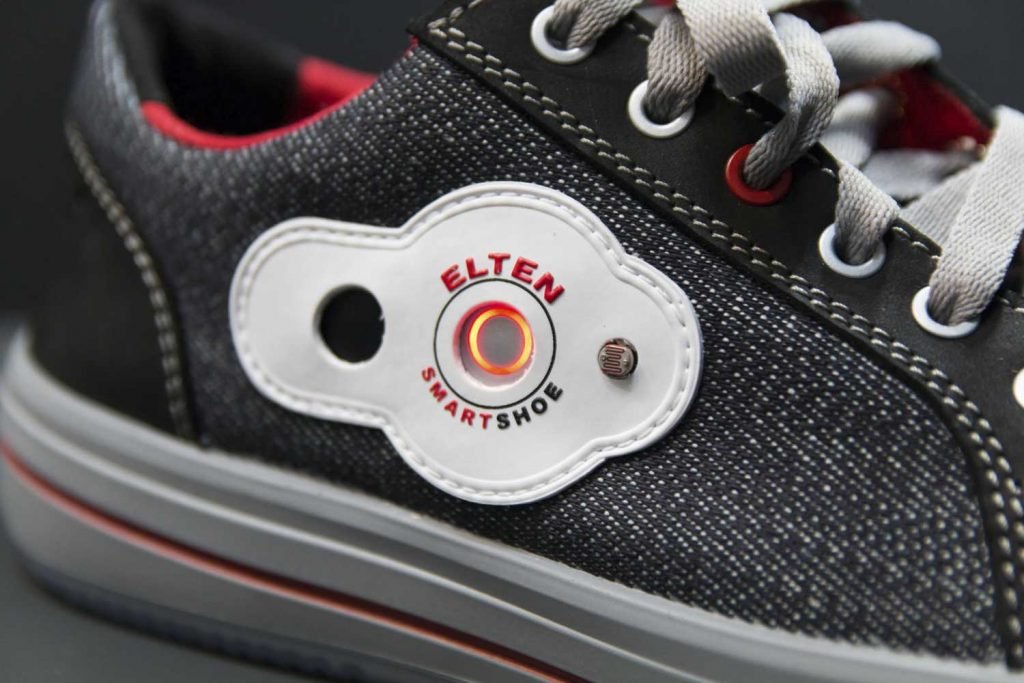Disability and SexTech
Sex technology is already a hugely challenging and stigmatised industry. In spite of the enormous profit to be made, investors still hesitate to get involved in these projects and even talking about sex can make people in general feel uncomfortable.
For people living with a disability, these problems can be even more profound when it comes to the world of sex tech. People living with a disability often have sexual health and wellness information kept from them, as a result of society often considering them as childlike and asexual. This is in direct contradiction of The Convention on the Rights of Persons with Disabilities which confirms their right to fully express their sexuality.
Sex technology is much more than sex toys and pleasure – it spreads into sex education, sexual health, and emotional well-being. For people with a disability, they have just as much need and desire for these types of sex technology products and services as people who do not live with a disability.
Phillippa Carnemolla – Senior Research Fellow at the University of Technology, Sydney, writes that there is a deeply complicated relationship between sex, technology, and disability. She states that: “Technology can’t replace human connection, so it’s critical that new technologies support greater inclusion for people living with disability. It’s a human right to be able to safely express and enjoy sexuality, and have the choice to live a life with pleasure.”
There are some great innovations happening in the area of sex technology for people with a disability – but unfortunately, they are few and far between. For example Handi is a hands free sex toy for people with hand limitations. It is designed for anyone who has hand dexterity, weakness, or mobility issues – and what’s more, they’re launching soon in 2021! Another example is the VDOM – which is an app-connected adult wearable that helps wearers go from flaccid to erect at the push of a button. We also encourage you to check out author and sex educator Eva’s platform Cripping Up Sex with Eva – where she shares her expertise and experience in sex education for people with a disability.
It is important that moving into the future, sex technology is designed to be inclusive: this is not limited to making sex toys more accessible for people with a disability, but to create products and services in areas such as sex education, relationship advice, and reproductive health in a way that benefits all people – with or without a disability.

